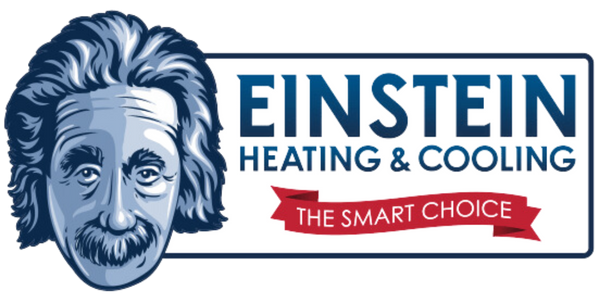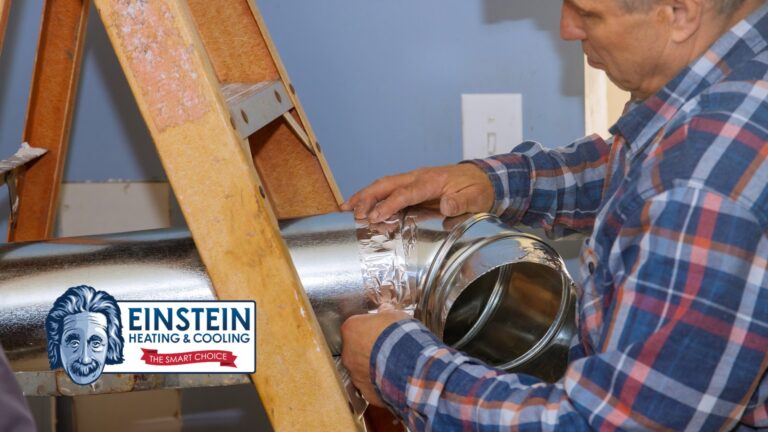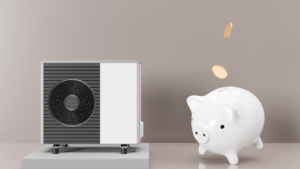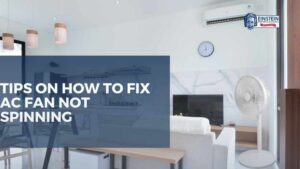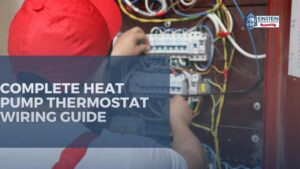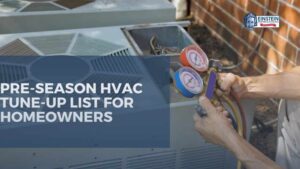If the HVAC concept wasn’t thought about by anyone, the world would be a very uncomfortable and unhealthy place to live.
HVAC systems are essential for maintaining a comfortable indoor temperature and humidity level, as well as for filtering out pollutants and allergens from the air. Without HVAC, buildings would be extremely hot and humid in the summer, and cold and drafty in the winter. This would lead to a number of health problems, including heat exhaustion, hypothermia, and respiratory illnesses.
HVAC systems are also important for maintaining good indoor air quality. They can remove pollutants such as dust, pollen, mold spores, and pet dander from the air. This is especially important for people with allergies and asthma.
Without HVAC, indoor air quality would be much lower, and people would be more likely to experience respiratory problems.
In addition to the health and comfort risks, not having HVAC would also have a significant economic impact. Many businesses and industries rely on well-maintained HVAC systems to operate efficiently. For example, hospitals, restaurants, and data centers all need HVAC systems to maintain a safe and comfortable environment for their employees and customers.
Overall, the world would be a much less livable place without HVAC. It is essential for maintaining a comfortable and healthy indoor environment, as well as for supporting a variety of businesses and industries. That’s why it’s important that your HVAC systems are professionally maintained by trusted HVAC experts at Einstein Heating and Cooling.
Proper HVAC systems are especially important in hospitals for the following reasons:
- Patient care:
- Hospitals need to maintain a comfortable and controlled environment for patients, especially those who are critically ill or recovering from surgery.
- This includes controlling the temperature, humidity, and air quality.
- An HVAC system can help to prevent patients from becoming too hot or too cold, and it can also help to reduce the risk of infection by filtering out airborne pollutants.
- Infection control:
- Hospitals are home to a wide range of patients, including those with infectious diseases.
- HVAC systems can help to prevent the spread of infection by circulating clean air throughout the hospital and by isolating contaminated air in certain areas.
- For example, HVAC systems in hospitals are often designed to create negative pressure in isolation rooms, which helps to prevent the spread of airborne pathogens to other areas of the hospital.
- Medical equipment:
- Many medical devices require a specific temperature and humidity range to operate properly.
- HVAC systems can help to ensure that these devices are operating in optimal conditions, which can improve the accuracy and reliability of medical procedures.
- Staff comfort and productivity:
- HVAC systems can help to create a comfortable and productive work environment for hospital staff, with proper and safe indoor air quality.
- This is important because hospital staff often work long hours and need to be able to focus on their work.
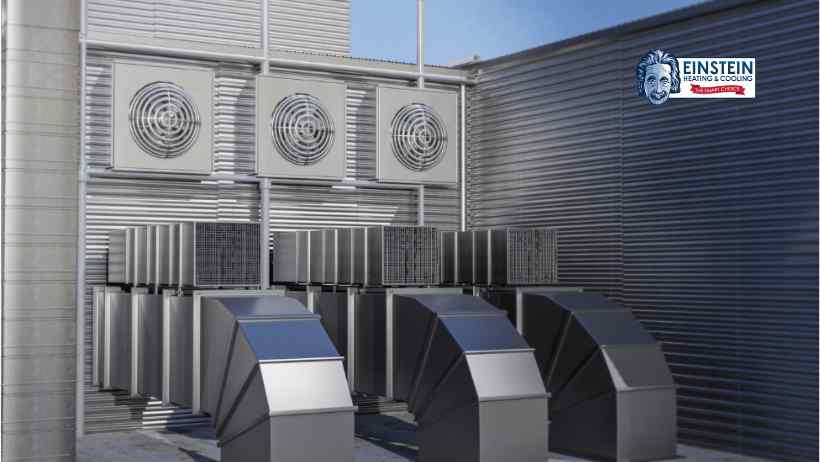
A proper HVAC system is also crucial in schools and universities for several reasons:
- Health and Comfort:
- Maintaining a comfortable temperature and indoor air quality is essential for the well-being and productivity of students and staff.
- A well-functioning HVAC system ensures that the learning environment is conducive to focus and learning.
- Air Quality:
- Proper ventilation helps control indoor air pollutants, including allergens and pathogens.
- This is especially important in crowded spaces like classrooms to reduce the risk of respiratory illnesses and allergies.
- Temperature Control:
- HVAC systems provide temperature control, ensuring that classrooms are neither too hot nor too cold.
- This helps students and teachers stay comfortable and focused on their tasks.
- Energy Efficiency:
- Energy-efficient HVAC systems can save educational institutions money on energy bills, allowing them to allocate resources to other important areas like educational programs.
- Regulatory Compliance:
- Many states and local jurisdictions have regulations and guidelines for indoor air quality and temperature control in educational facilities.
- A proper HVAC system helps schools and universities meet these requirements.
- Consistency:
- HVAC systems maintain consistent conditions throughout the year, which is crucial for preserving equipment, materials, and the overall integrity of the building.
- Support for Special Facilities:
- Universities often have specialized facilities like laboratories and research centers that require precise temperature and humidity control.
- A reliable HVAC system is essential for these areas.
Overall, a proper HVAC system is important for businesses, schools, and hospitals because it can improve indoor air quality, enhance comfort and productivity, reduce energy costs, extend equipment life, and ensure compliance with regulations. This can lead to a number of benefits, including improved employee and student performance, a more positive patient experience, and reduced operating costs. If you’re experiencing HVAC problems, make sure that you know how to check and fix them. If not, an HVAC professional is who you need to ensure that your system runs smoothly.
In addition to the benefits listed above, a proper HVAC system can also help to reduce the risk of mold and mildew growth, which can be harmful to occupants’ health. HVAC systems can also help to control noise levels, which can improve the overall environment for the people staying in these places.
A well-maintained HVAC system is not only essential but a great investment for any business, school, or hospital that wants to provide a healthy and comfortable environment for its occupants.
